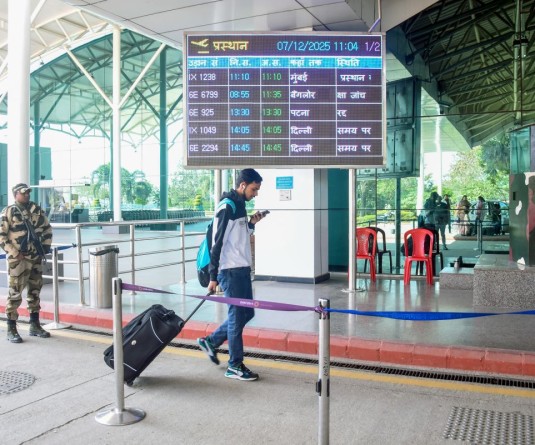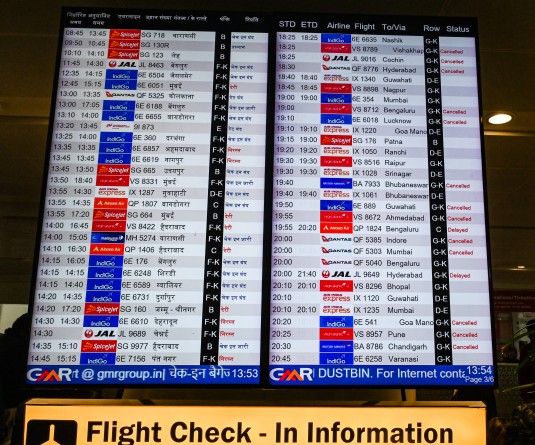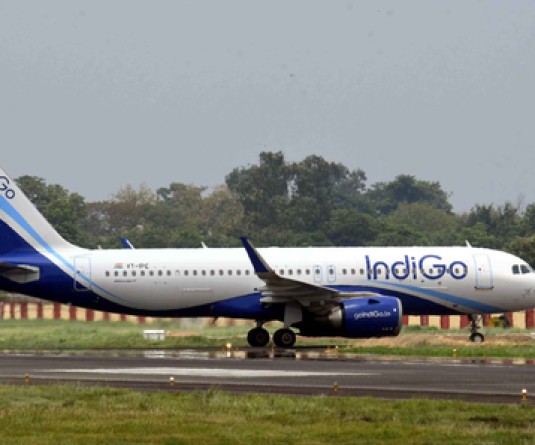Photo for representation. (IANS Photo)

New Delhi, September 22 (IANS): In a respite for global PC and laptop manufacturers, the government is likely to defer import duty curbs on PCs, laptops and tablets by at least 9-12 months from the October 30 deadline, while asking them to register for the new import process, industry people close to the development told IANS on Friday.
The move is set to be a breather for companies like HP, Apple, Dell, Lenovo and others who rely on imports to meet the surge in demand in the country for their PCs, laptops and tablets, especially in the festive season ahead.
Meanwhile, the Centre has also asked the PC and laptop companies to share their import data for the last three years, according to an industry source.
The process of import authorisation for laptops and tablets, etc will be online via the "import management system" website, managed by the Directorate General of Foreign Trade (DGFT).
The portal that will cater to mobile phones, IT and telecom products.will go live by the end of September, according to sources.
The government, meanwhile, reiterated its stand at the meeting that the restrictions are not to ban imports but to promote exports via domestic manufacturing, according to sources.
Top consumer electronics companies had earlier urged the government to extend the November 1 deadline for the licences required for PCs, laptops and tablets by at least an year, as it will take time to configure and set up manufacturing/assembling units as per new guidelines.
Earlier this month, PC and laptop makers met the IT Ministry officials to rethink its decision on import licensing requirements accompanied by a quota.
The meeting discussed proposed changes, like linking the import of IT hardware to the local manufacturing of a company value and its export value of electronic items, according to sources.
Last month, the India Cellular and Electronics Association (ICEA) wrote to the IT Ministry, requesting the government to rethink its decision on import licensing requirement accompanied by a quota, which was extended by 3 months until October 31, fearing that this may lead to price rise in consumer electronics products as companies are not yet prepared for manufacturing PCs, laptops and servers domestically at scale.
The letter said that an overarching factor that should be taken into consideration in "avoiding supply chain disruption till domestic production ramps up" is that any "reduction in supplies or even an indication will lead to hoarding and market distortion".
This, in turn, can push up consumer prices, "which will adversely impact not just key stakeholders such as students, but also those who are the core of growing the digital economy, i.e. start-ups, IT and ITES firms, BPOs".
The Central government had deferred its decision to restrict the import of certain categories of laptops and computers until November 1, allowing companies three-months time to import these devices.
Post November 1, no entity was to be allowed to import laptops, computers, and related items without a license.






